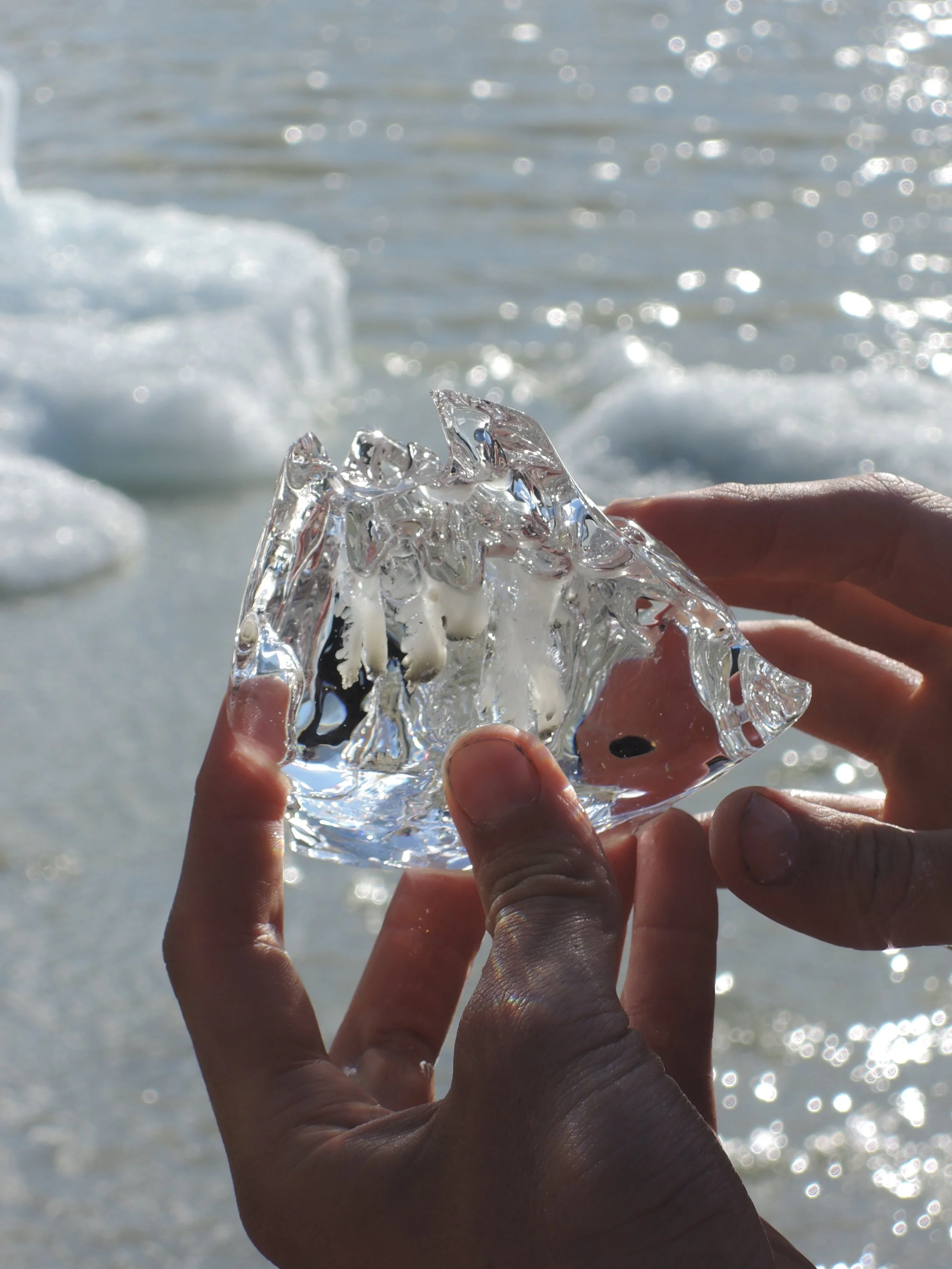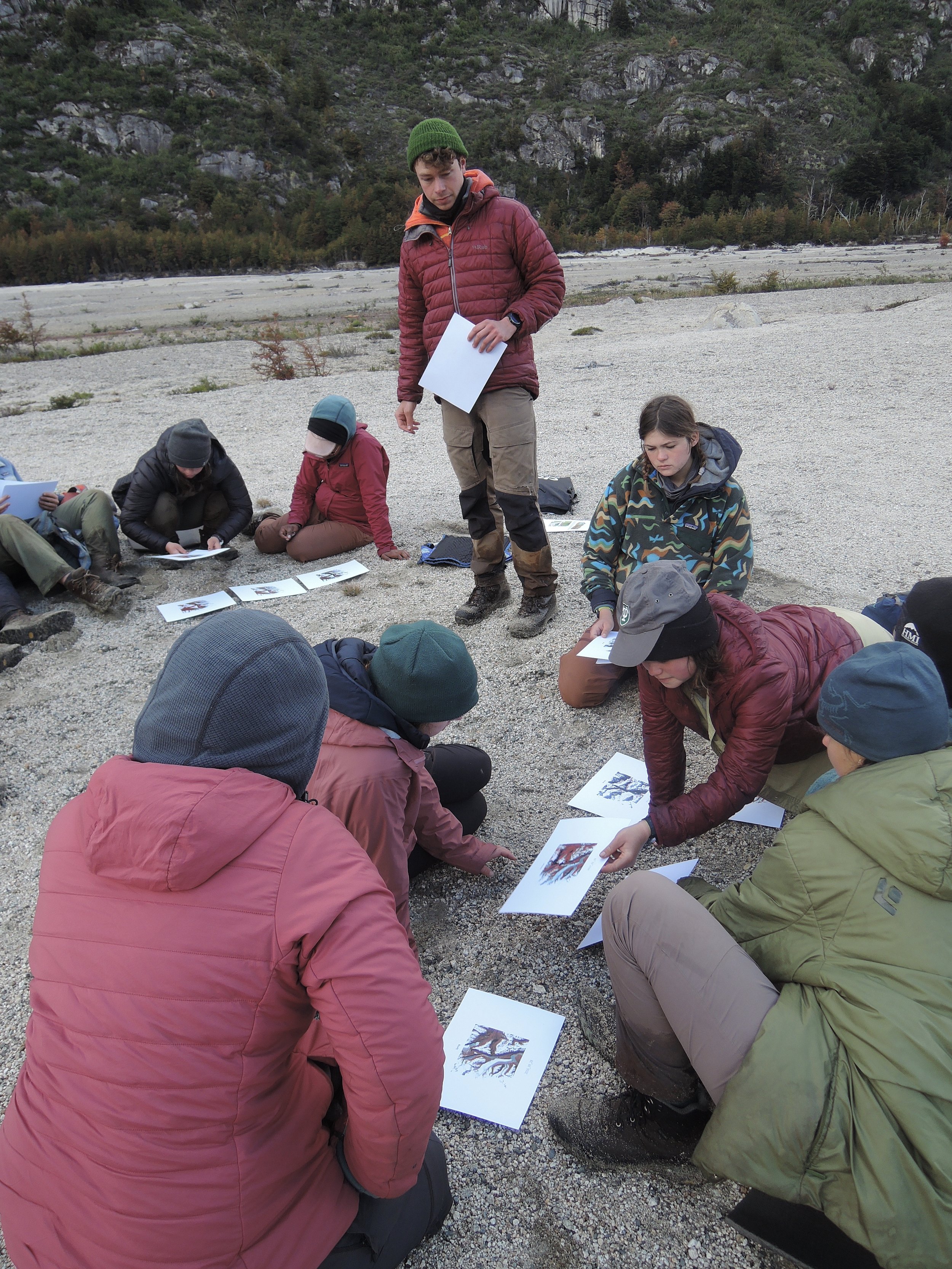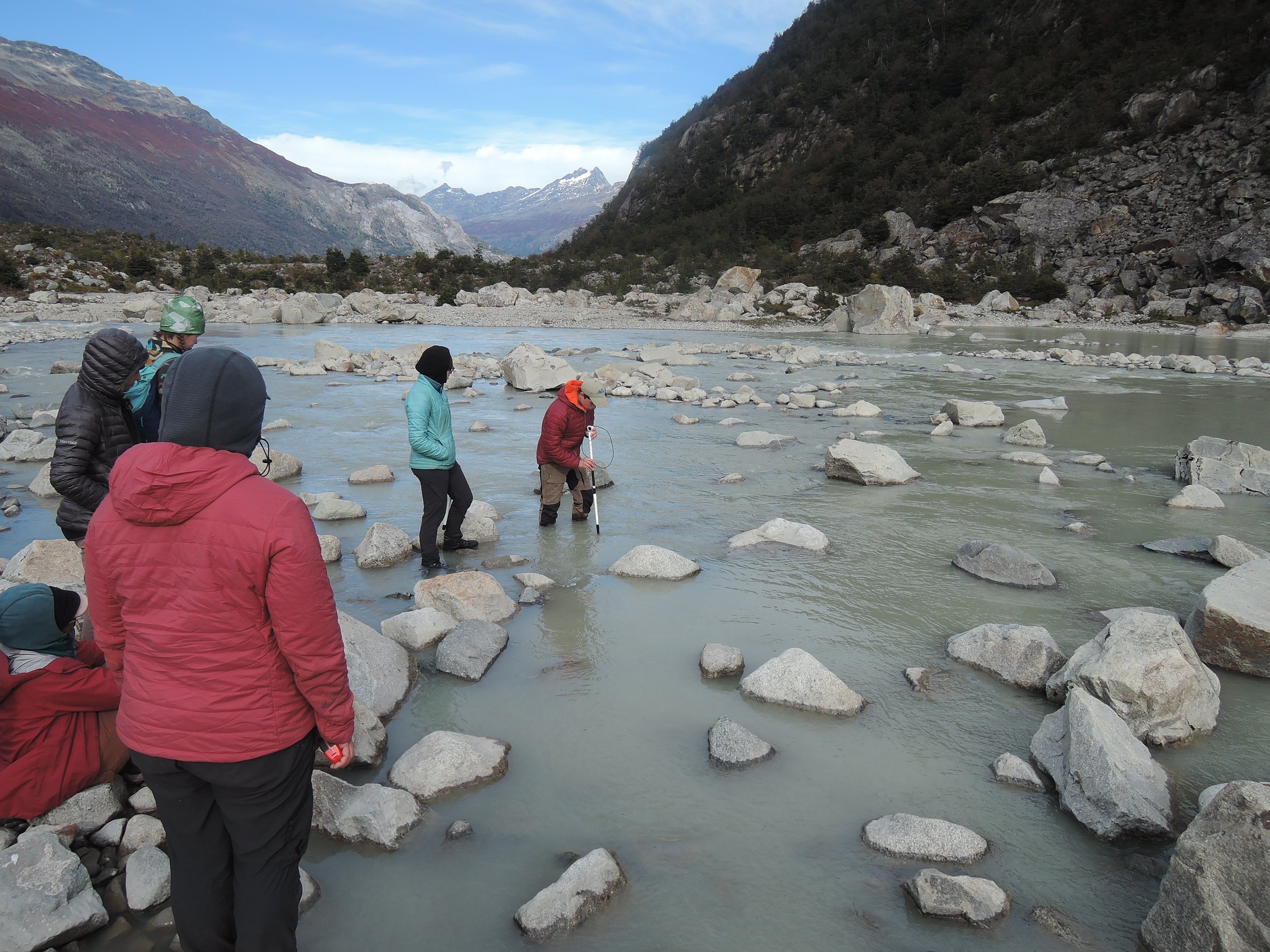In April 2022, Patagonia Frontiers welcomed 12 high schoolers for two weeks of immersive wilderness trekking and field research as part of its continued partnership with High Mountain Institute’s Gap program. For these student-researchers, it represented the final excursion in a three-month program in Chile focused on outdoor skills, environmental sciences, and leadership development.
This year’s trip was particularly unique, as student-researchers built upon work done by predecessors in a previous cohort (view our 2019 HMI case study). Equally, their research will be valuable to future HMI student-researchers and contribute to a multi-year project illuminating the recent dynamic recession of the Soler Glacier.
“The thrill and the adrenaline that comes with being an outdoor educator in that particular environment, where the students want to be there and are totally engaged – it was just fantastic,” says Felix Koninx, academic program lead for Patagonia Frontiers. “And seeing them understand the ‘so what’ of some of those concepts, as well and beginning to apply it to their own thinking, was incredibly rewarding and probably the highlight of the trip for me.”
Along with Founder John Hauf, Felix collaborated with three HMI instructors to balance the backcountry travel with academic content and HMI curricula. They were accompanied by crew members Oliver Green and Jeremy Roberts, and neighbor and guide Don Luis, who stewarded the pack horses and provisions. Students and instructors traveled by foot each day, carrying their own food and equipment and tent camping each night after daily classes.
The experience typifies the Patagonia Frontiers wilderness classroom, in which these student-researchers not only build vital backcountry and leadership skills but are progressively introduced to complex and relevant topics in the field of glaciology and climate change.
“I felt the earth come alive with questions as we discussed environmental studies and stepped in the freezing glacial stream with an impeller for the sake of science. It’s a beautiful thing to be curious again, and have that curiosity nurtured by those around you,” says Nora, a student-researcher who shared this reflection on the HMI blog.
Converging in Puerto Bertrand, a dozen students and three HMI instructors arrived by boat on the shores of Lago Plomo, hiking up and over a headland to camp overnight before arriving on foot at the Patagonia Frontiers ranch. After a day of field work preparations, everyone hoisted backpacks carrying their own food and equipment and set off into the valley. The experience culminated with a three-day field research camp amongst the morainal crescents at the foot of the Soler Glacier. Up close and personal with the glacier, students took stream flow measurements, measured lichen growth, and took tree ring samples in the adjacent valley.
Beyond the academic ah-has, there would be many firsts on this trip – from drawing glacial water samples in the predawn light to thigh-high river-crossings to an astonishing encounter with an elusive huemul (south Andean deer). How to describe the satisfaction of lighting a campfire in the pouring rain? Of trekking to a glacier in the northern ice fields of remote Patagonia that few humans will every touch, let alone, see? Of arriving in Chile as strangers but returning from Patagonia with the intimacy of shared experiences that create lifelong friendships?
Felix calls the trip an overwhelming success, in which students gained a better appreciation of glaciology and climate change through experiential learning in the wilderness. John, who calls the Patagonia Frontiers ranch his home, shares his gratification in observing the way the group encouraged and supported one-another, and how they adapted to changing conditions and uncertainty with greater strength and skill.
“I enjoyed the fact that mother nature decided to reschedule us,” says John, describing a series of rainy days that made their intended river crossing impassable before dark. Don Luis and Oliver had crossed over earlier, and it was clear they wouldn’t reconnect until the next day. But that wasn’t the point, emphasized John, it was the group’s safety and wellbeing. This tension between intention and outcome, uncomfortable as it can be to reconcile, is the stuff of skilled leadership.
“I love the authenticity of that uncertainty. It wasn’t something we were looking to create, it just happens,” says John. “Some people look at uncertainty, change in outcome, things not going as you planned or thought, and see a negative, but I look at that and see a positive. These are the real learning gems.”
We are currently booking programs for the upcoming season and invite you to contact us to plan your trip. Learn more about our Educational Programs and view our case studies of past and current partners like HMI.
By Welling Savo Justin
Welling Savo Justin is a freelance writer and Seattle (USA) native based in Pucón, Chile. Founded in 1999, Patagonia Frontiers connects people with wilderness through education, conservation, and adventure. We offer education and mountaineering programs as well as multi-day trekking, horseback trips, and climbing in the heart of Chilean Patagonia.









